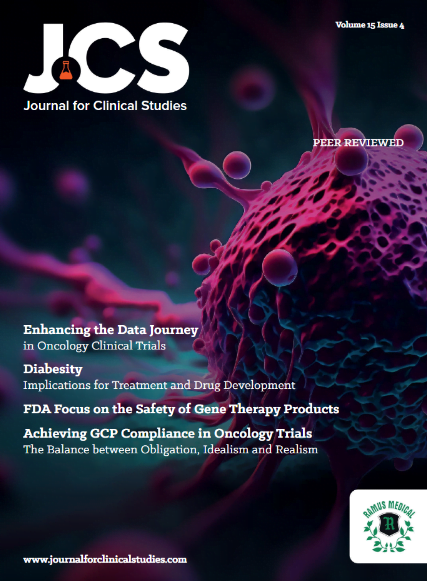Gilead Sciences’ Kite Pharma has further beefed up its cell therapy manufacturing footprint fresh on the heels of an FDA go-ahead for Yescarta as the first CAR-T therapy for large B-cell lymphoma after just one line of prior therapy.
The FDA has cleared Kite’s CAR-T manufacturing facility in Frederick, Maryland, for commercial production, the company said Tuesday. The new site complements Kite’s existing posts in Southern California and Amsterdam to form what the company calls the world’s “largest, dedicated in-house cell therapy manufacturing network.”
Kite plans to have 400 employees stationed at the Maryland facility by the end of 2022. After further optimizations across the three facilities, Kite expects to increase its CAR-T manufacturing capacity by 50%.
The latest manufacturing boost comes as Kite aims to reach over 25,000 patients with its cell therapies outside of clinical trials by 2025, up from 6,800 as of the end of 2021. The increase will be fueled by new indications for Yescarta and sister CD19-targeted CAR-T therapy Tecartus as well as geographic expansions. By Kite’s estimates, Yescarta’s second-line nod means 14,000 people will be eligible for treatment in the U.S., versus 8,000 for its original third-line use.
Manufacturing is a key component in CAR-T therapy, a personalized treatment that currently involves re-engineering each patient’s own T cells so they can identify and kill off tumors.
“I’ve never been in a role where manufacturing was so close to commercialization,” Kite CEO Christi Shaw said in a recent interview with Fierce Pharma.
“Manufacturing is central to every decision we make at Kite,” Shaw said in a statement Tuesday. “Our teams hold patients’ cells in their hands every day, which could mean the difference between getting a chance to live or possibly losing their battle with cancer. It must be fast and extremely high quality to give patients the best outcome.”
To get a CAR-T therapy, a doctor needs to secure a manufacturing slot with the drugmaker for the patient. The product also requires enough viral vectors to genetically modify T cells drawn from the patient. The entire process can take two to four weeks or even longer.
With that much complexity involved, manufacturing problems have had a history of hampering CAR-T launches. Novartis once experienced fluctuations in product specifications for CD19 CAR-T therapy Kymriah, and Bristol Myers Squibb is facing a vector supply bottleneck for BCMA CAR-T drug Abecma.
Kite has been improving its cell therapy manufacturing to maintain a 96% success rate for Yescarta and to keep the drug’s turnaround time low. And it’s doing a lot of the work in house.
During the early days of the pandemic, Kite snagged European approval for its Amsterdam facility in 2020. And the company’s viral vector manufacturing facility in Oceanside, California, secured its license to operate at the end of 2021. Shaw said Kite currently split the supply of viral vectors between its internal site and a contractor, but the company has the capacity to take over should the need arise.
Kite began construction of the Maryland site in 2019. The 275,000-square-foot facility resides on 20 acres of land and has unfinished space for potential future expansions. The facility is designed specifically for cell therapy with learnings from Kite’s other sides. It also incorporates automation for some previously manual processes. The additional automation adds “even greater confidence” to Yescarta’s 96% reliability rate and further improves efficiency and the cost of goods, Shaw said in an interview.















